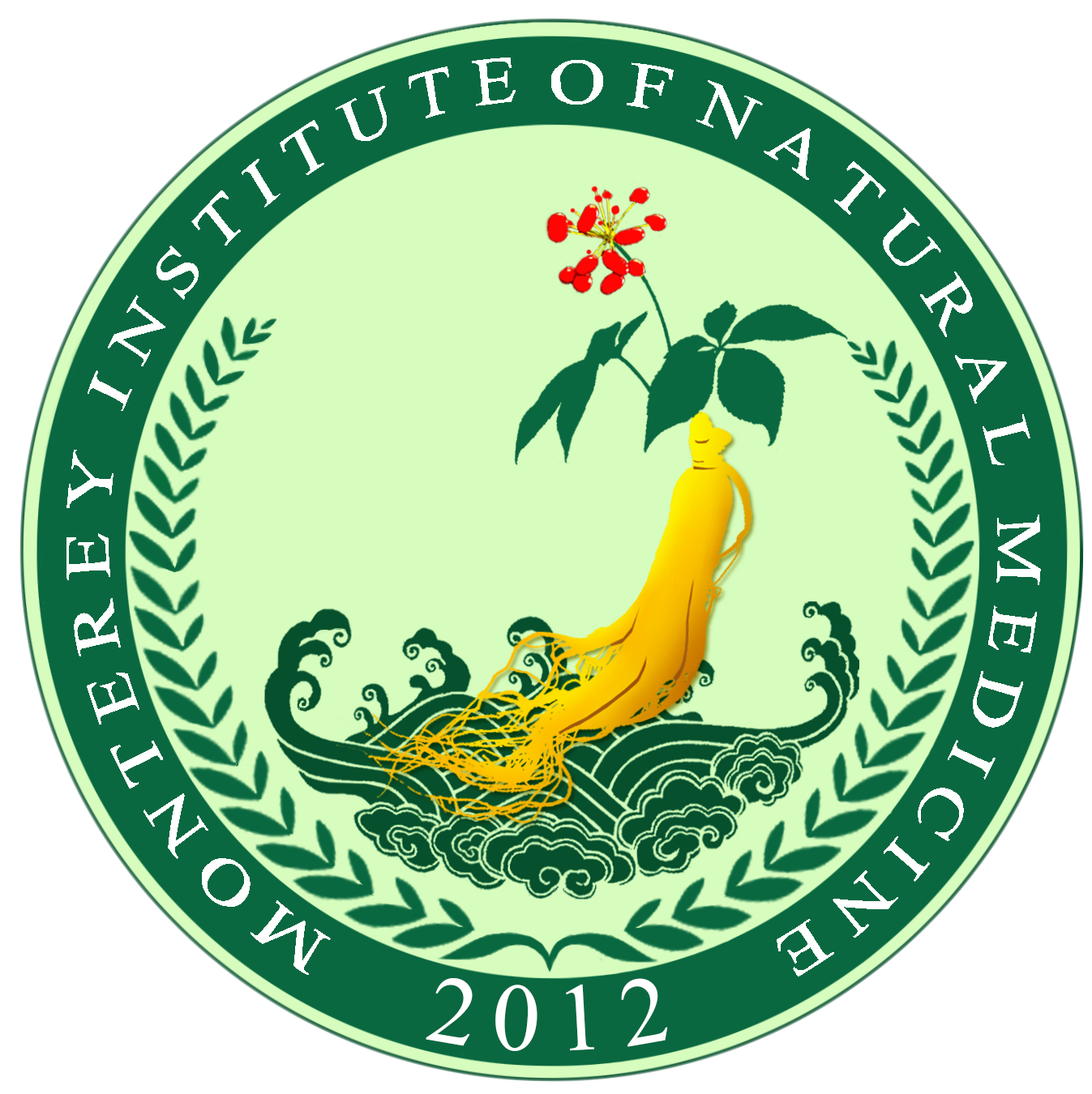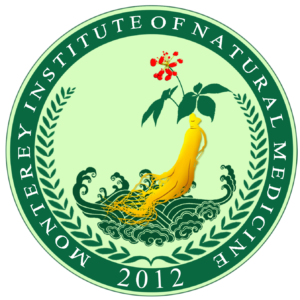Premenstrual Syndrome (PMS) encompasses a range of emotional, behavioral, and physical symptoms that some women experience before the onset of menstruation. Acupuncture, with its roots in Traditional Chinese Medicine (TCM), has been increasingly recognized as a potential therapy to alleviate PMS symptoms. Here’s how acupuncture is believed to treat PMS:
1. Harmonizing Qi and Blood Flow: In TCM, PMS is often attributed to the stagnation of qi and blood in the liver system. Acupuncture aims to regulate and harmonize the flow of qi and blood, addressing the root causes of PMS according to this tradition. By targeting specific meridian points, acupuncture can help to relieve PMS symptoms.
2. Endorphin Release: Acupuncture stimulates the release of endorphins, the body’s natural pain-relieving chemicals. This can alleviate common PMS symptoms like abdominal cramping, lower back pain, and headaches.
3. Balancing Hormones: PMS is inherently linked to the menstrual cycle’s hormonal fluctuations. While the exact mechanisms are still under study, acupuncture is believed to influence the endocrine system, helping to balance hormone levels and potentially alleviate emotional symptoms like mood swings and irritability.
4. Stress Reduction: Stress can exacerbate PMS symptoms. Acupuncture is known to invoke a relaxation response, reducing cortisol (a primary stress hormone) levels and promoting a sense of well-being. This can be especially beneficial for those whose PMS is intertwined with feelings of anxiety or tension.
5. Enhancing Circulation: Acupuncture can improve blood circulation, ensuring that the reproductive organs are well-nourished. Better circulation might also help reduce bloating, a common PMS symptom.
6. Addressing Emotional Symptoms: Specific acupuncture points are believed to help regulate emotional imbalances. By targeting these points, practitioners may help reduce symptoms like depression, irritability, and mood swings associated with PMS.
7. Improving Sleep: Many women with PMS suffer from sleep disturbances. Acupuncture can foster relaxation and improve sleep quality, ensuring better rest during the premenstrual phase.
In conclusion, while acupuncture offers a holistic approach to PMS management, it’s essential to approach it as part of a comprehensive care plan. Each individual may have a unique response to acupuncture, so working with a trained and licensed acupuncturist, and seeking integrated care from other healthcare providers, can ensure the best results in PMS management.


